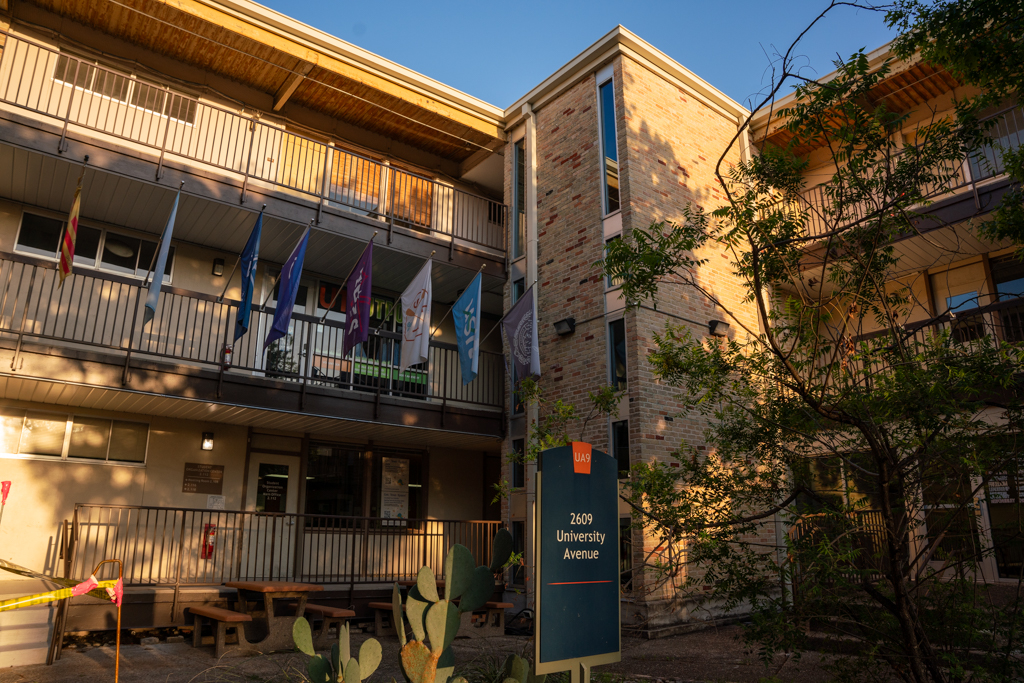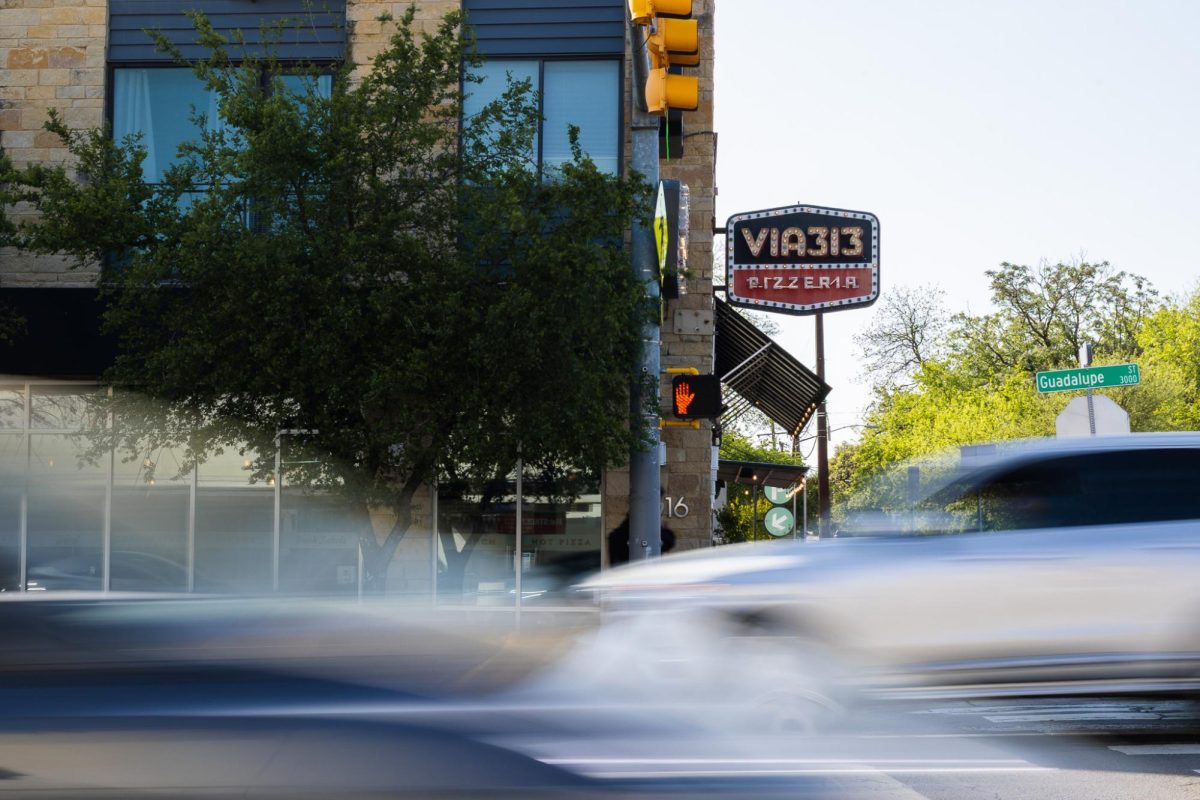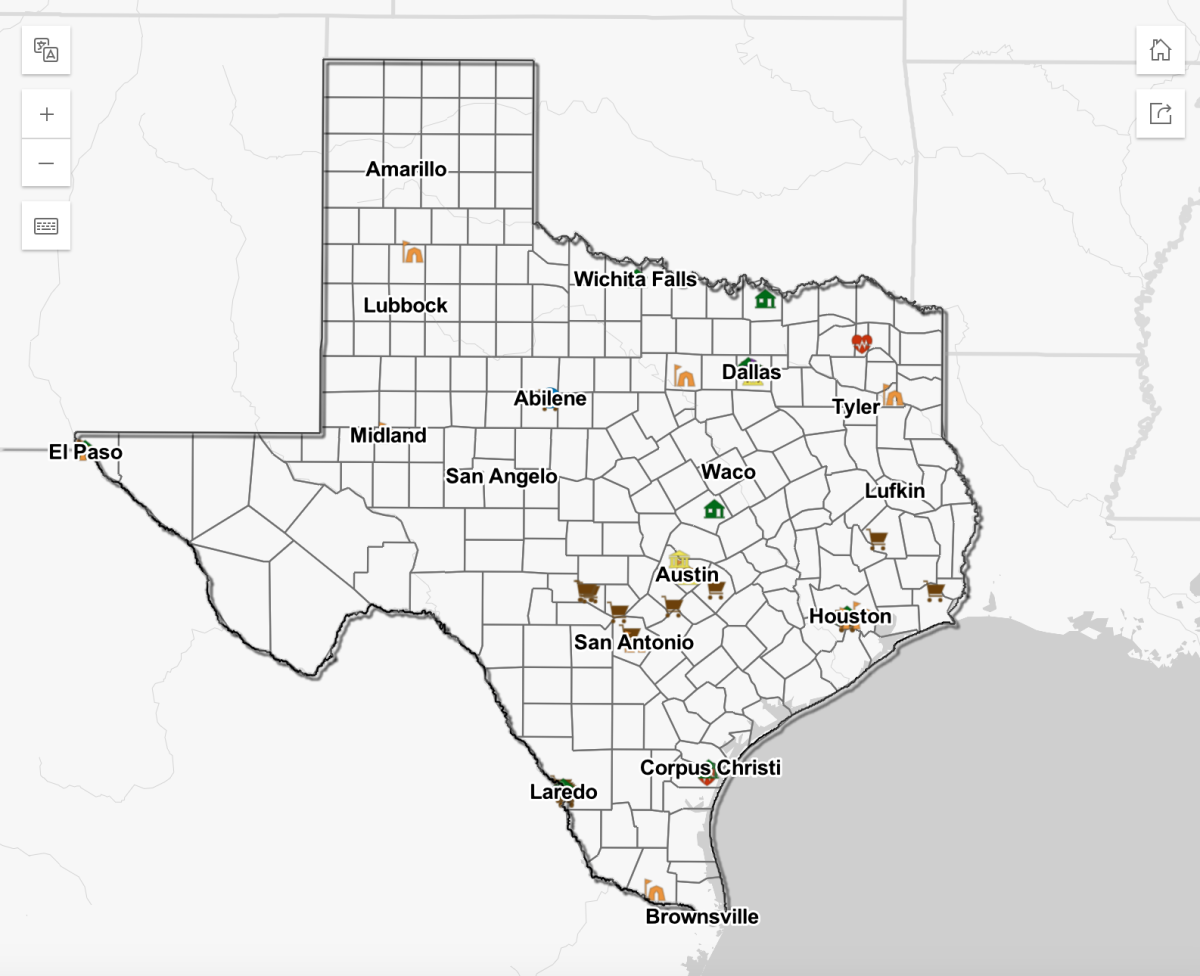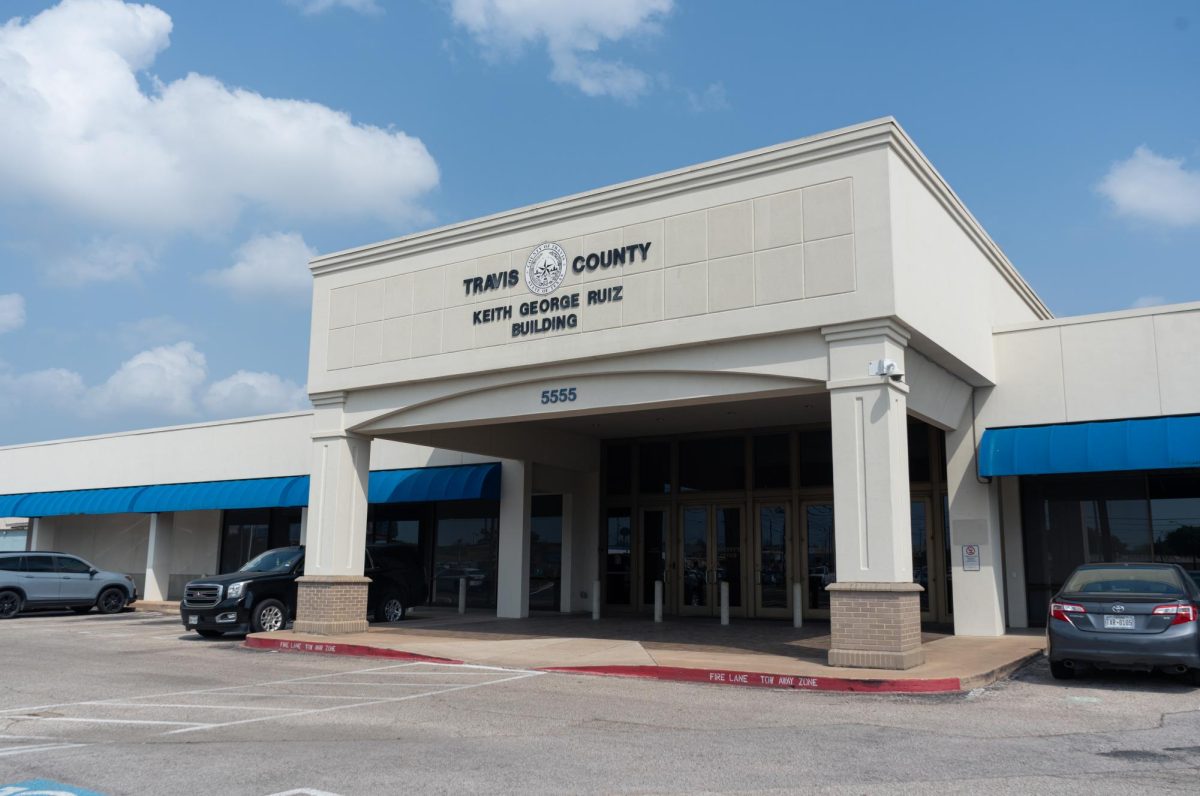Abortion bills are headed to the Texas Legislature again this week, and students who added their voices to the raucous crowd that derailed the legislation at the Capitol the first time around are warming up their vocal chords for round two.
Some students are concerned that stricter abortion regulations that result in abortion clinic closures could increase the cost of an abortion, imposing unnecessary financial hardships and forcing students to use measures that are less safe to get an abortion.
Others say although unexpected pregnancy is a life-changing event, students should keep the child and work through the challenges. Proponents of tougher clinic regulations say it will increase safety for women pursuing an abortion. The Texas Legislature will take up these issues again in its second special session starting Monday.
More than 5,000 people have signed up via social media to protest at the Capitol on Monday to oppose abortion legislation.
“Back to the beginning,” said Elizabeth Anderson, an international relations and global studies Plan I senior who is against the Legislature’s proposed regulations.
This week, the Legislature will consider HB 2 by state Rep. Jodie Laubenberg, R-Parker, which would regulate abortion providers, procedures and facilities. It will also consider SB 9, by state Sen. Dan Patrick, R-Houston, which relates to prescribing and distributing abortion-inducing drugs.
Officials at the UHS Women’s Health Clinic are watching the debate unfold. Sherry Bell, senior program coordinator for University Health Services, said UT will probably adjust the advice it gives to pregnant students if clinics in Austin were affected by new abortion regulations.
“We inform women who are diagnosed with being pregnant of all legal options, without any bias or preference, and we certainly don’t recommend choices be made at the time of their visit,” Bell said.
On top of student concerns is a political debate that has captured national attention. Led by state Sen. Wendy Davis, D-Fort Worth, Democrats, the minority party, successfully killed abortion bill SB 5 by talking nonstop for 11 hours. Minutes before midnight, the deadline for passing the abortion regulations, a crowd of people in the Capitol yelled so loudly that senators were unable to vote on the bill.
“An unruly mob using Occupy Wall Street tactics has tried all day to derail legislation that has been intended to protect the lives and the safety of women and babies,” said Lt. Gov. David Dewhurst.
Abortions can cost anywhere from $450 to $3,000 depending on how far along the pregnancy is. There is one Planned Parenthood clinic in Austin that provides abortions.
Republicans in the Texas Legislature have proposed regulations that some say will force 37 of the state’s abortion clinics to close. Opponents of the bill say abortion clinics cannot meet proposed restrictions, such as requiring abortions be held in surgical centers, mandating doctors provide abortion-inducing drugs in-person and demanding doctors have admitting privileges if an abortion goes wrong.
If the clinics close, women may have to travel hundreds of miles to get an abortion.
“Appointments will be hard to get because nothing in these bills reduces the need for abortion, but will reduce the number of safe, available, legal clinics open in the state,” said Heather Busby, executive director of NARAL Pro-Choice Texas.
Some UT students feel reducing the number of abortion clinics in Texas is not a problem. History senior Mary Thomas is pro-life and supports stricter abortion regulations. Thomas said she has a close friend who was born prematurely at 17 weeks.
“She was alive when she was born and was a distinguishable, yet tiny, baby,” Thomas said of her friend. “I firmly believe that women should not have the right to kill viable children in their womb under the guise of reproductive choice.”





















